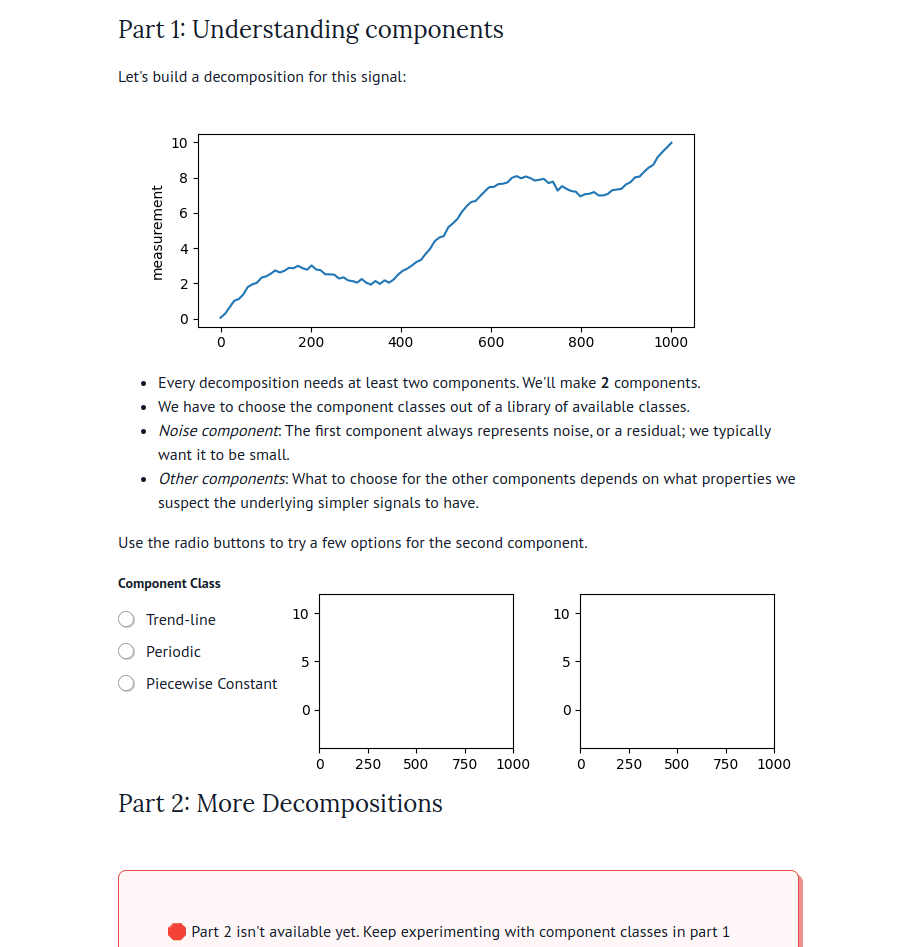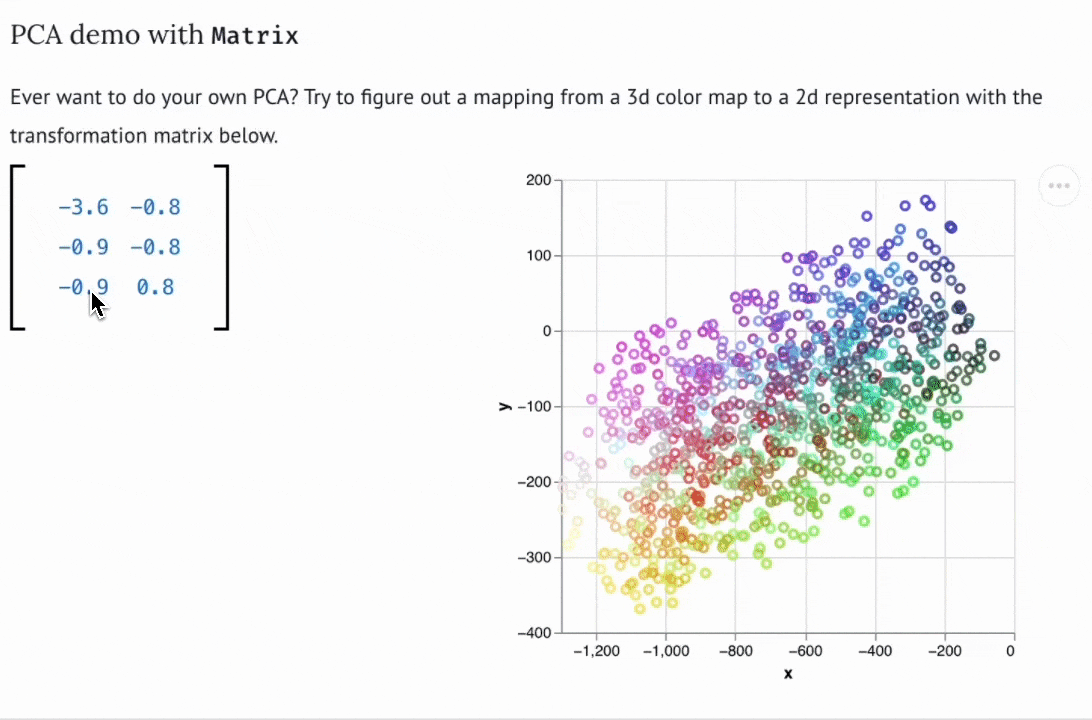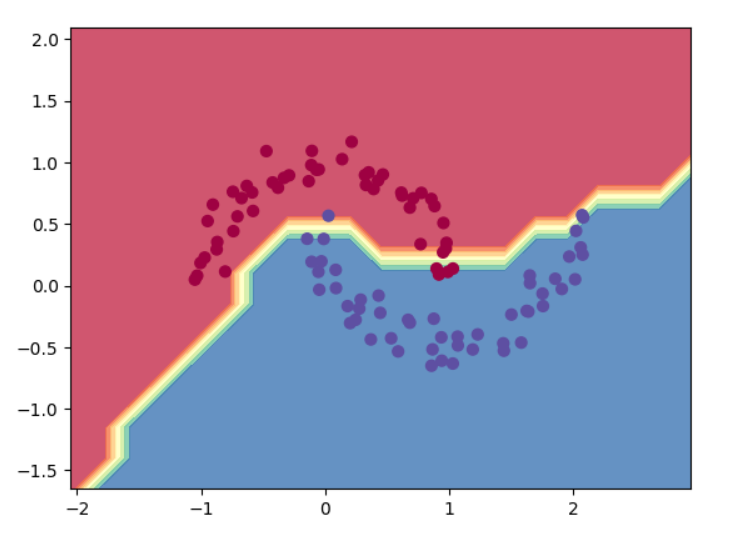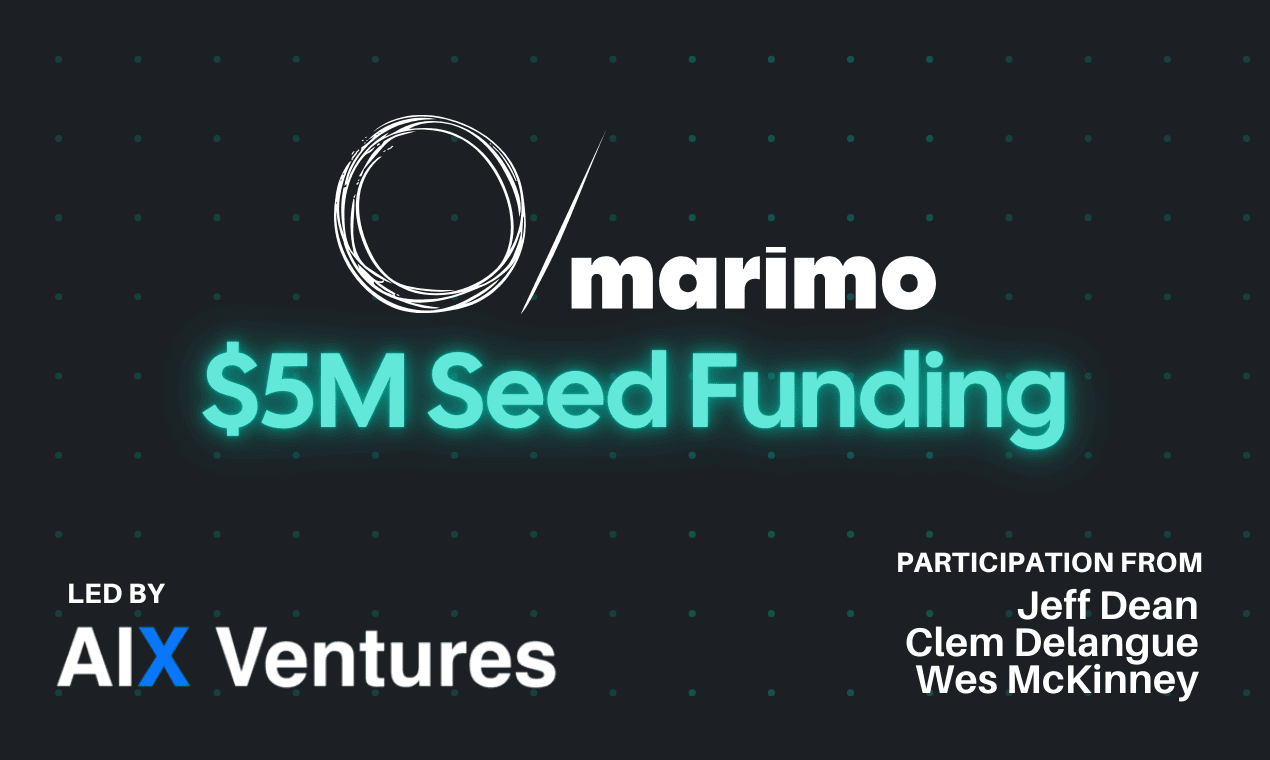
TL;DR. My co-founder Myles and I have started a company, Marimo Inc., to continue building marimo — an open-source Python notebook that’s reproducible, Git-friendly, deployable as a web app, and executable as a script. Long-term, our company is on a mission to build the world’s best platform for working with data.
To fund our development, we’ve raised a $5M seed round led by Anthony Goldbloom (ex-Kaggle, Sumble) and Shyam Mani of AIX Ventures, with participation from Jeff Dean (Google), Clement Delangue (HuggingFace), Ben Hamner (ex-Kaggle, Sumble), Jordan Tigani (MotherDuck), Charlie Marsh (Astral), Paige Bailey (Google), Lukas Biewald (Weights and Biases), Wes McKinney (Posit, Composed Ventures), and Shane Barratt.
We built marimo motivated by a single belief: Python developers deserve dramatically better tools for working with data.
When I started working on marimo, I had just finished a PhD at Stanford where I helped grow an open-source library for optimization to a million monthly downloads, and before that worked on TensorFlow at Google Brain. Jupyter notebooks were essential to my work, because they let me see my data while I worked on it — but they were also extremely frustrating. Hidden state led to hidden bugs (over a third of the 10 million Jupyter notebooks on GitHub fail to reproduce), the JSON file format made them hard to use in Python codebases, and the final documents lacked interactivity. While Jupyter notebooks are widely used for AI/ML development, STEM, and data engineering, now more than ever, there’s growing consensus that this kind of work shouldn’t be done in error-prone scratchpads.
With marimo, Myles (Palantir, CloudKitchens) and I set out to create a programming environment that blended the best parts of interactive computing with the rigor of traditional software development. Unlike Jupyter, marimo notebooks are reproducible, stored as pure Python, versionable with Git, deployable as web apps, and executable as scripts.
marimo’s rapid growth
We launched marimo on HackerNews in January 2024, after incubating it for over a year with Stanford’s SLAC Laboratory and engineers at tech startups.
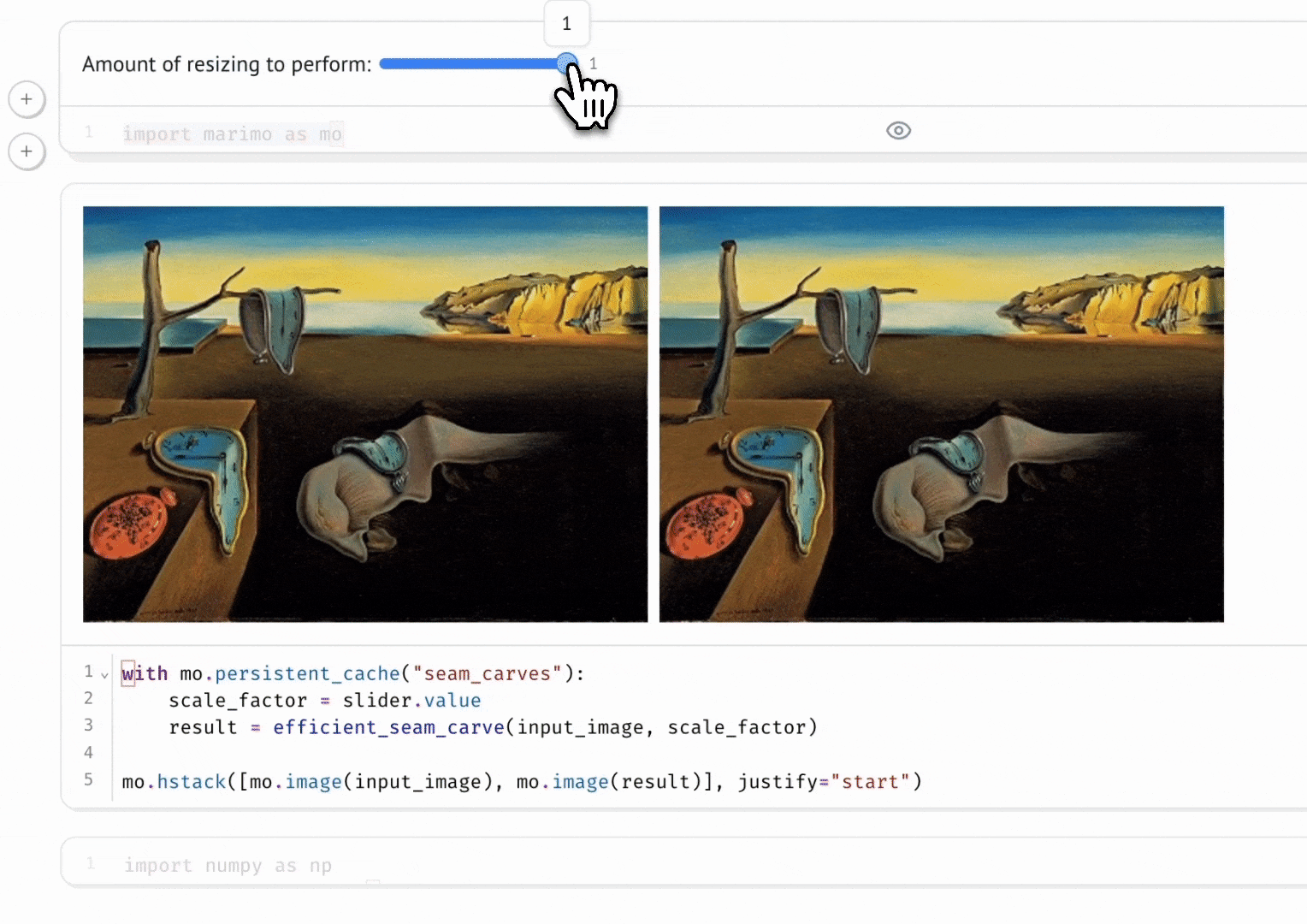
Our launch (which became the second highest Python ShowHN of all time) proved to us that we weren’t the only ones frustrated by the status quo. When people first try marimo, they say things like “finally, someone is doing it!” and it’s “like magic becoming real”. Some come to marimo for the improved developer experience, like the elimination of hidden state (powered by static analysis), our built-in package management (powered by uv), our pure Python file format, or our AI assistant; others come for the interactive elements like dataframe transformers, filterable charts, sliders, and anywidgets that let them explore data, build tools, and deploy apps; still others come for the inter-op between Python and SQL. What’s common across all our users is that once they start using marimo regularly, they tell us it’s transformational to the way they work.
In the last 10 months, marimo has been downloaded over 1 million times; that’s on top of our free, Pyodide-powered online notebooks. Today, marimo is used at companies and universities across the world, including Mozilla AI, BlackRock, Stanford, and even the MLB.
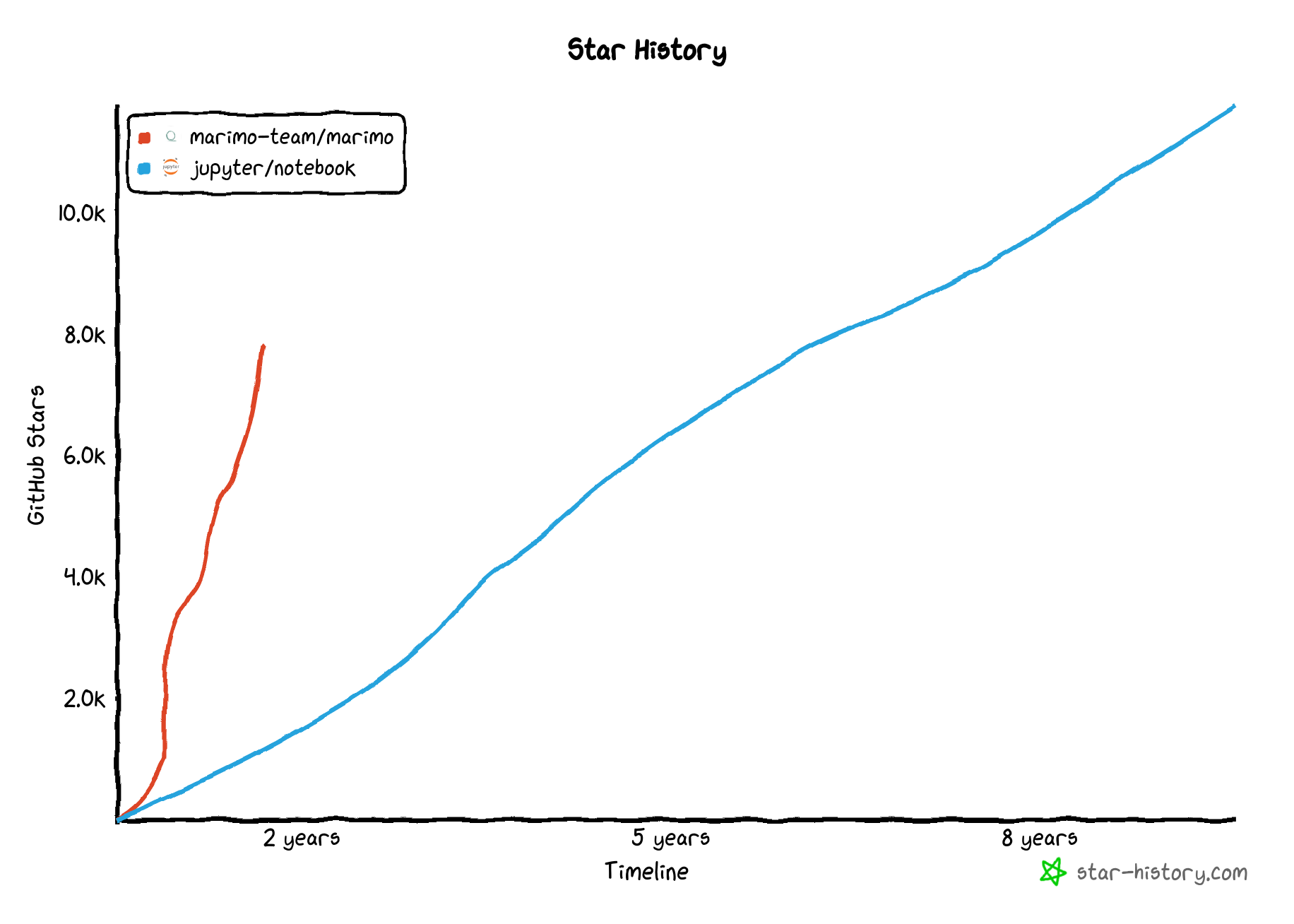
With over 7.8k stars on GitHub, 60+ contributors, and 1k members on Discord, our community is going strong, too. To our community: marimo wouldn’t be where it is today without your help. Your code contributions and feedback shape marimo for the better; the awesome notebooks you make, and the blue-sky ideas you share, inspire us to keep building. Thank you!
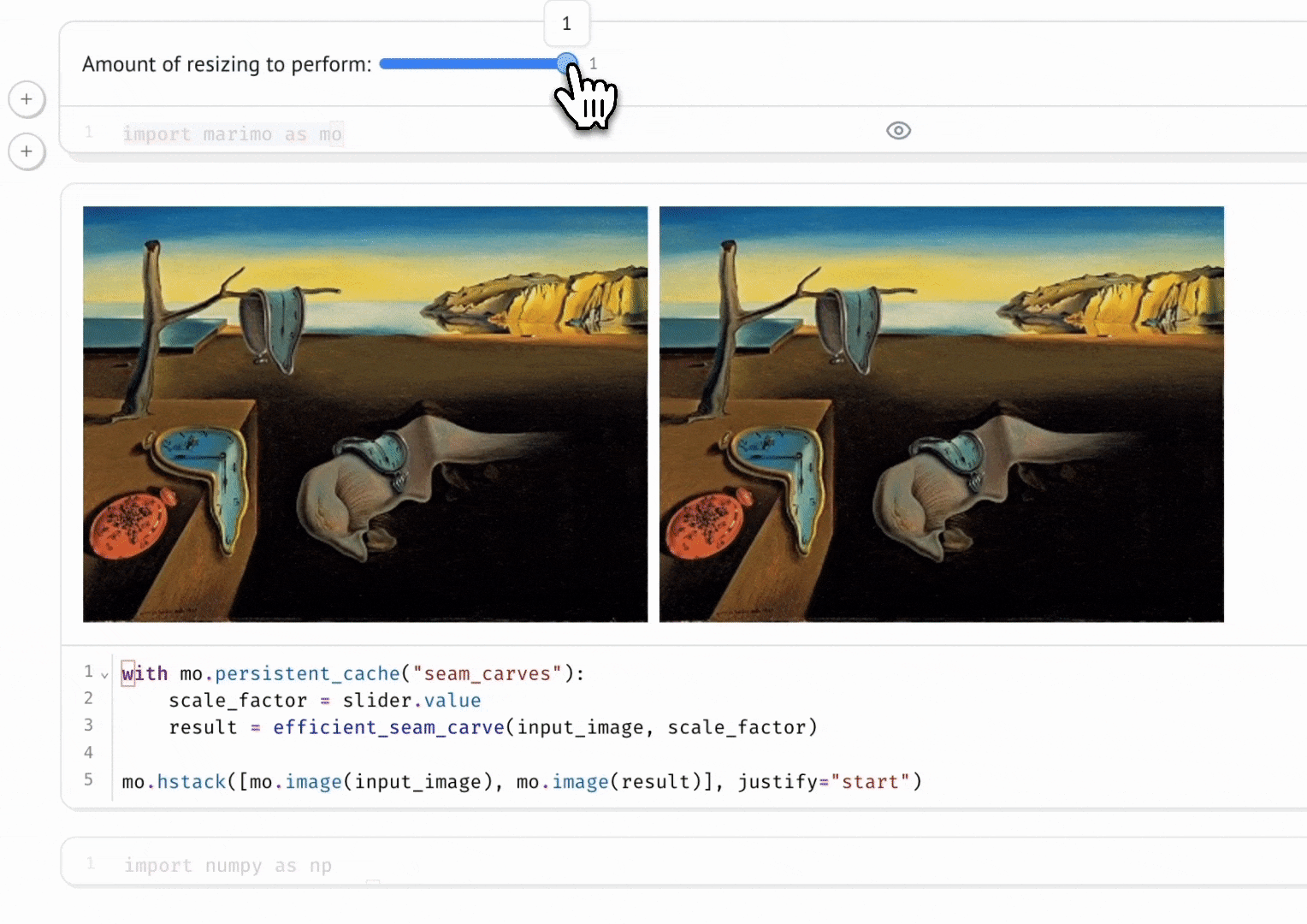
Seam Carving
Vincent Warmerdam
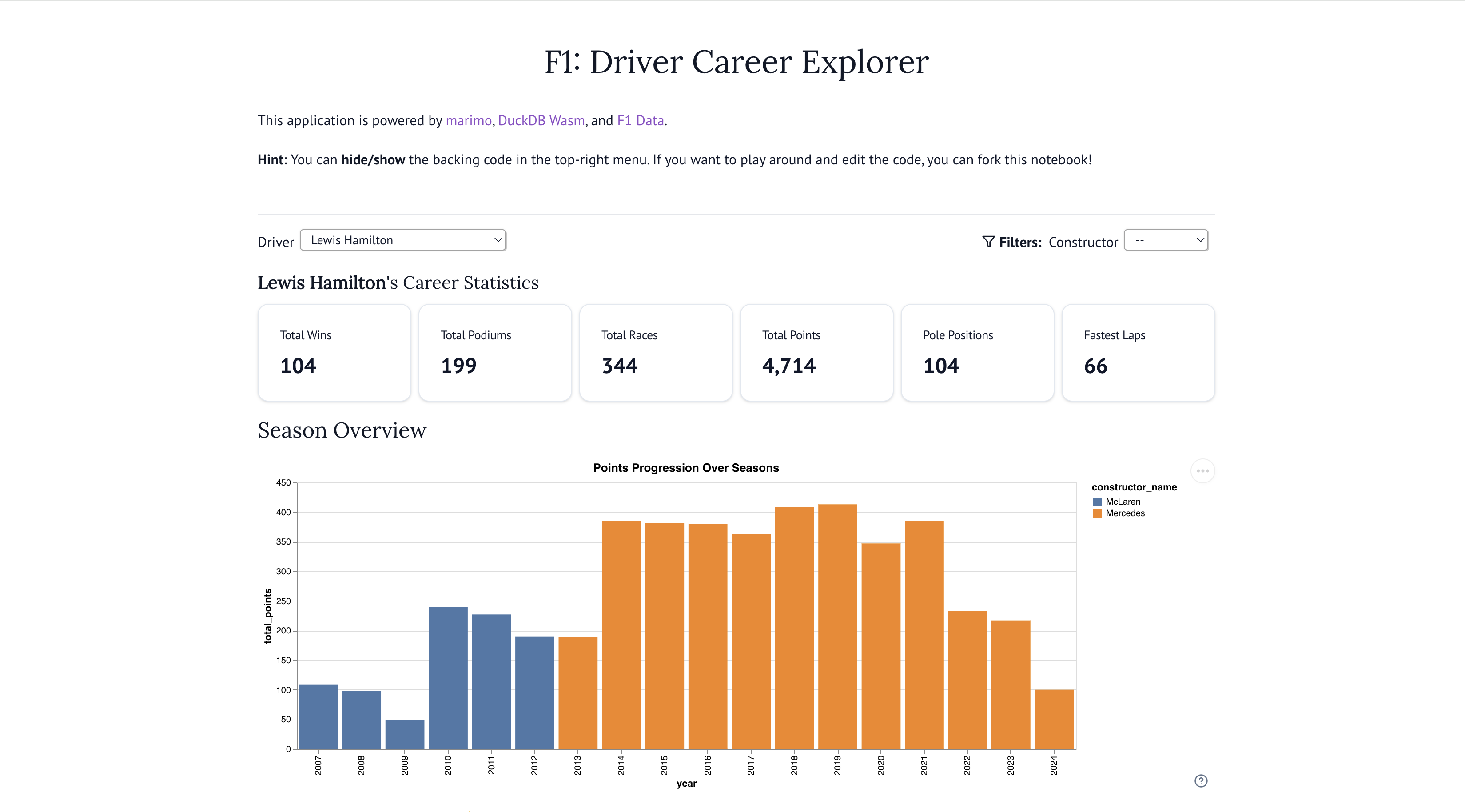
F1 Driver Explorer
marimo-team
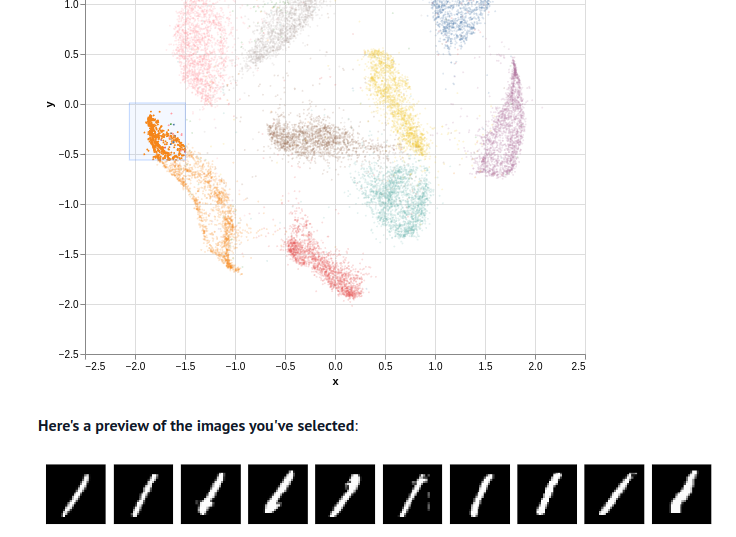
Embedding Visualizer
marimo-team
To our community: thanks for inspiring us with your awesome notebooks!
We’d also like to acknowledge the projects that inspired us to build marimo, especially Pluto.jl, ObservableHQ, and of course Jupyter, which established interactive computing as a pillar of computational science through open tools and standards; we recognize that the problems we’ve highlighted with Jupyter are specific to the notebook’s default experience, and not Project Jupyter’s well-thought-out, lower-level protocols.
Our fundraise
Our company’s mission is the same as it was two years ago: to build dramatically better tools for working with data.
To realize our mission, we’ve raised a $5M seed round led by AIX Ventures, with participation from Jeff Dean (Google), Clement Delangue (HuggingFace), Anthony Goldbloom and Ben Hamner (ex-Kaggle, Sumble), Jordan Tigani (MotherDuck), Charlie Marsh (Astral), Paige Bailey (Google), Lukas Biewald (Weights and Biases), Wes McKinney (Posit, Composed Ventures), and Shane Barratt.
We’re proud of how far marimo has come with a team of volunteer contributors and two full-time developers. But to make the impact we’d like to make, we need to continue working on marimo full-time, to grow our team of full-time developers, and to keep investing in our community; our fundraise enables us to do these things.
What’s next
Our fundraise lets us keep doing what we’ve already been doing — building marimo. It also gives us the room to explore building other tools for working with data.
Having worked on open-source software for the past six years, from TensorFlow to CVXPY and now marimo, I know how important trust and communication are to the health of open-source projects. To the marimo community — we’re committed to developing in the open, for you and alongside you, and to keeping our tools free and open-source. The marimo notebook will always be free, open-source, and permissively-licensed.
Just as we’re making marimo the world’s best programming environment for working with data, we’re on a mission to one day make the world’s best platform for working with data. Our company will eventually offer a paid product that optionally integrates with marimo and other tools we develop, but the tools themselves will always be open source and permissively licensed.
For now, though, our fundraise lets us fully commit to building the marimo notebook. We’ve come a long way since launch, but there’s still so much more we want to build.
To that end, we’re drafting our roadmap to marimo 1.0, and we’d like your feedback. We’ve posted an early draft on GitHub: please give us your feedback. We’d be grateful for any and all thoughts. You can also chat with us and the rest of our community on Discord.
We’re hiring!
Working on marimo has truly been a dream for us; we’re excited to be able to continue pouring our hearts and souls into this project.
If building dramatically better open-source tools for working with data excites you, get in touch — we’re hiring!

